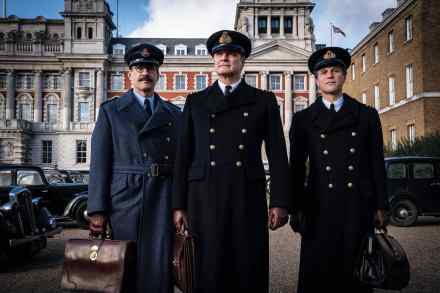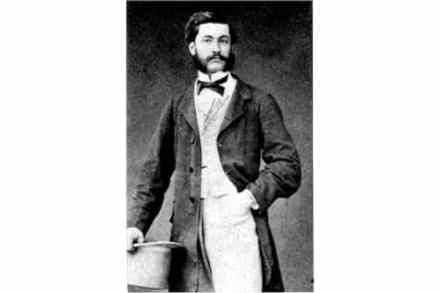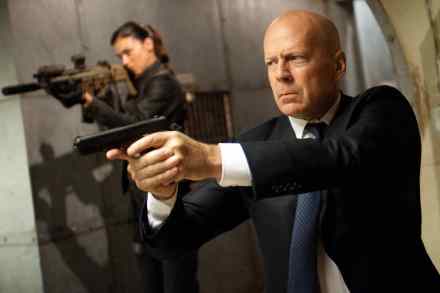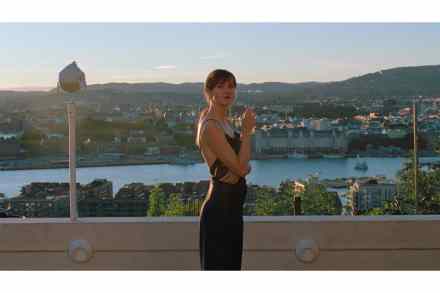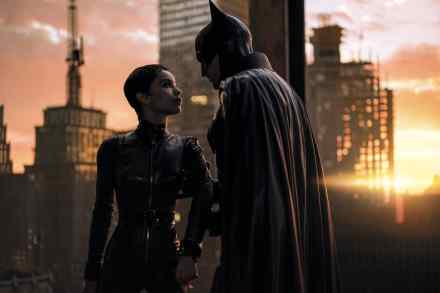Mostly gripping – and boasts not one but two Mr Darcys: Operation Mincemeat reviewed
Operation Mincemeat is based on the book by Ben Macintyre, which in turn is based on what Sir Hugh Trevor-Roper called ‘the most spectacular single episode in the history of deception’. It is so spectacular that the film doesn’t have to do much aside from tell it, and that’s what it does, straightforwardly, plainly, no bells and whistles. It’s a classic tale of British second world war derring-do and the sort of film you’ll watch with your dad on a Sunday afternoon, before or after Ice Cold in Alex. Plus it has a terrific cast that includes not one but two Mr Darcys (Colin Firth and Matthew Macfadyen). It’s 1943
